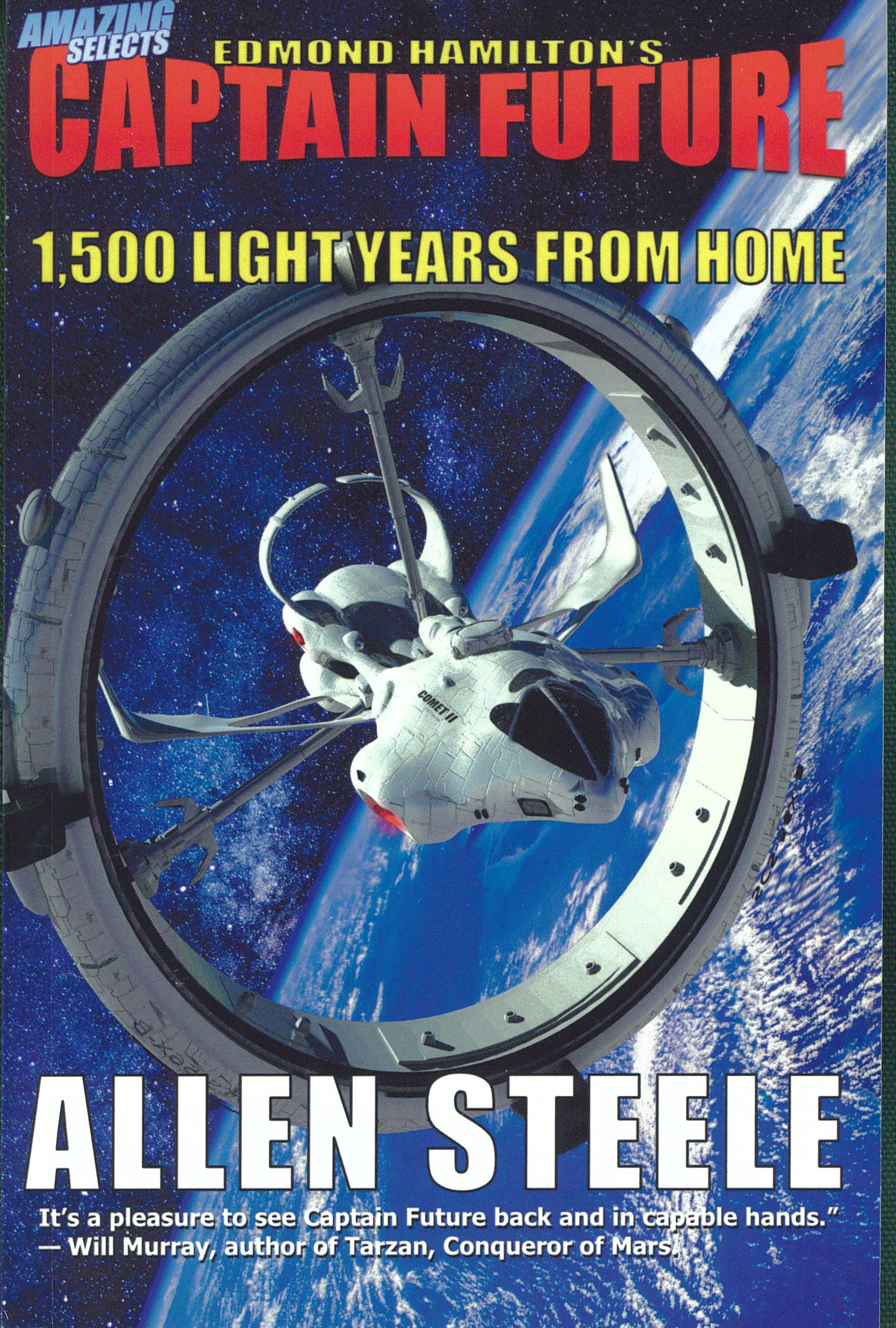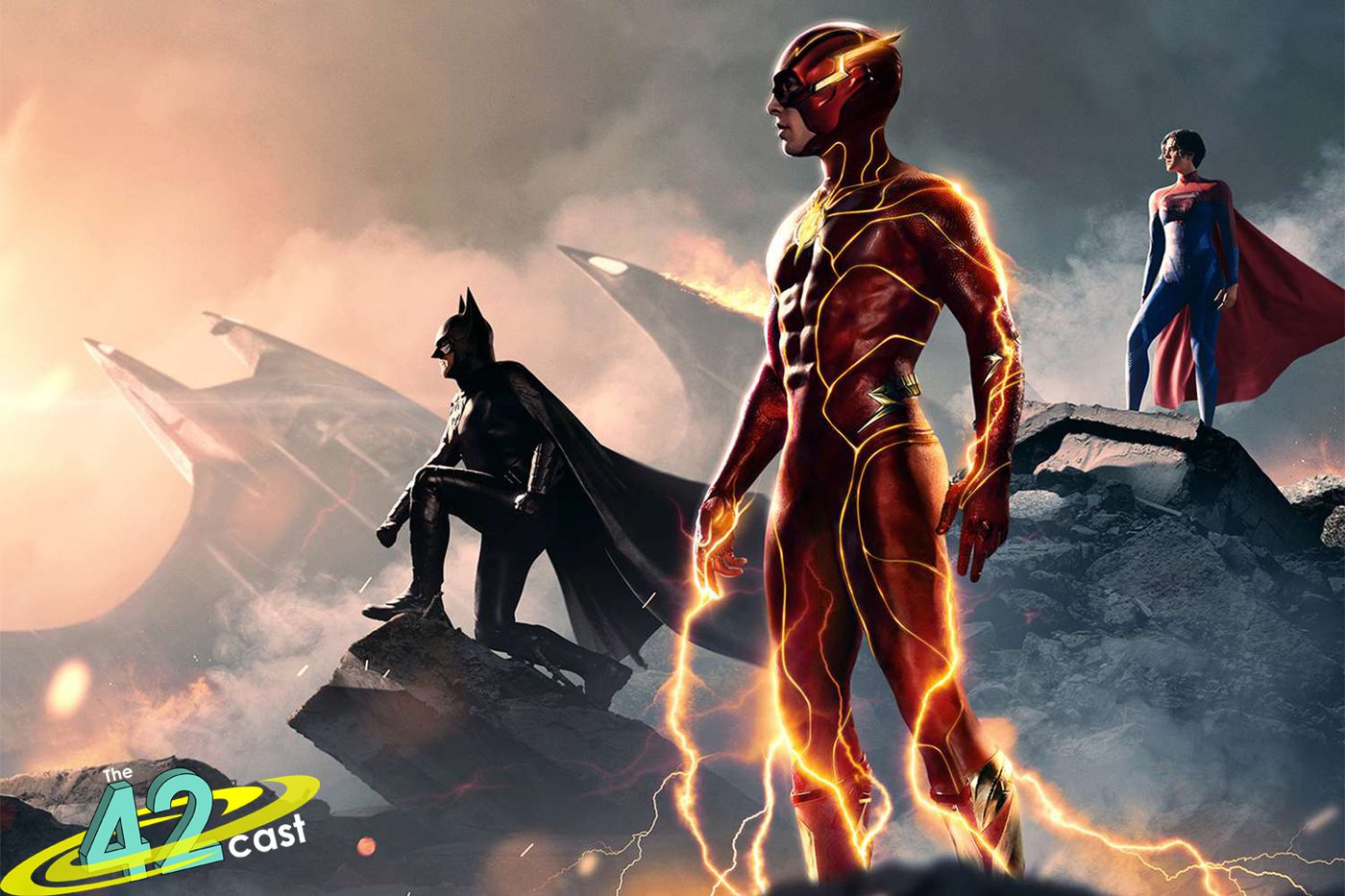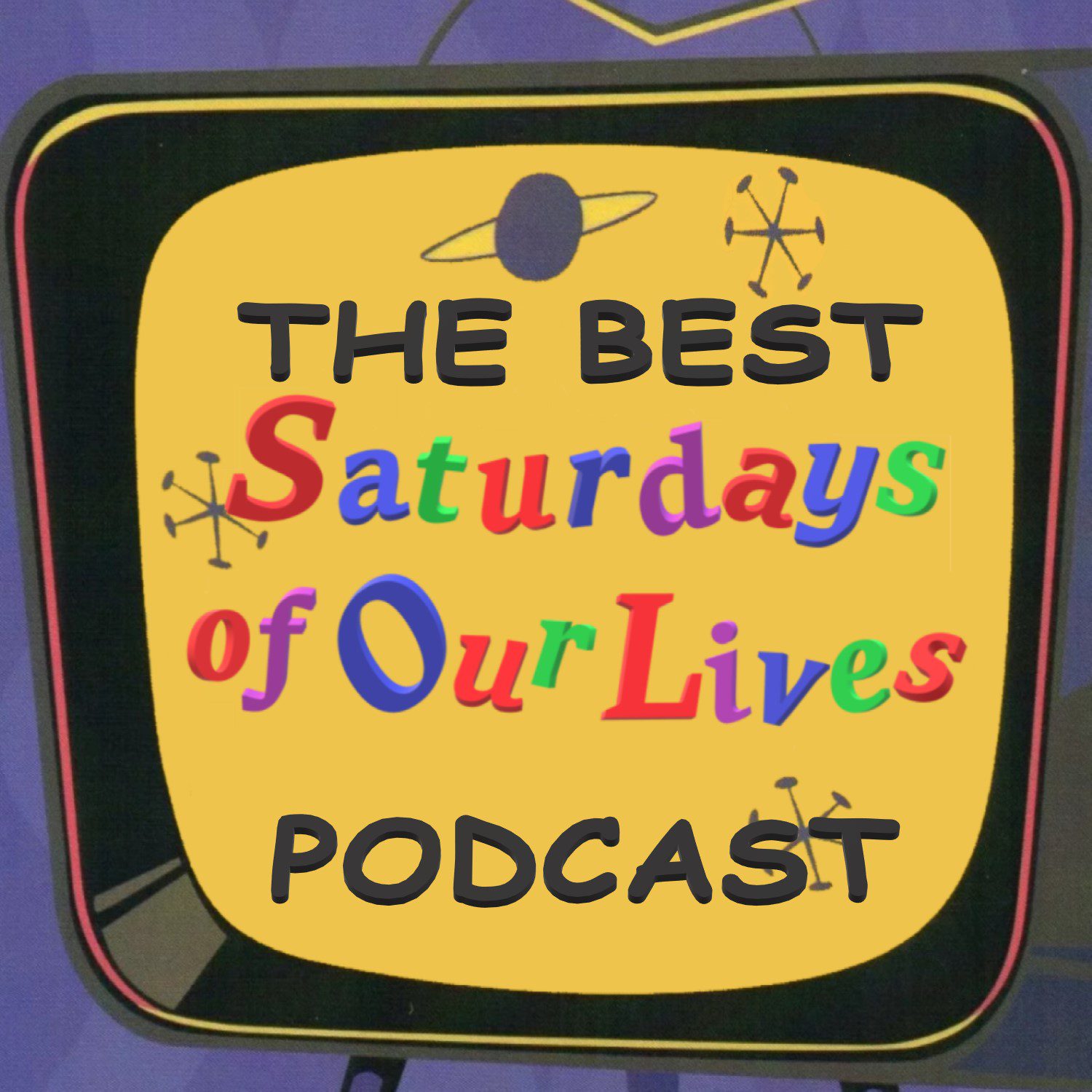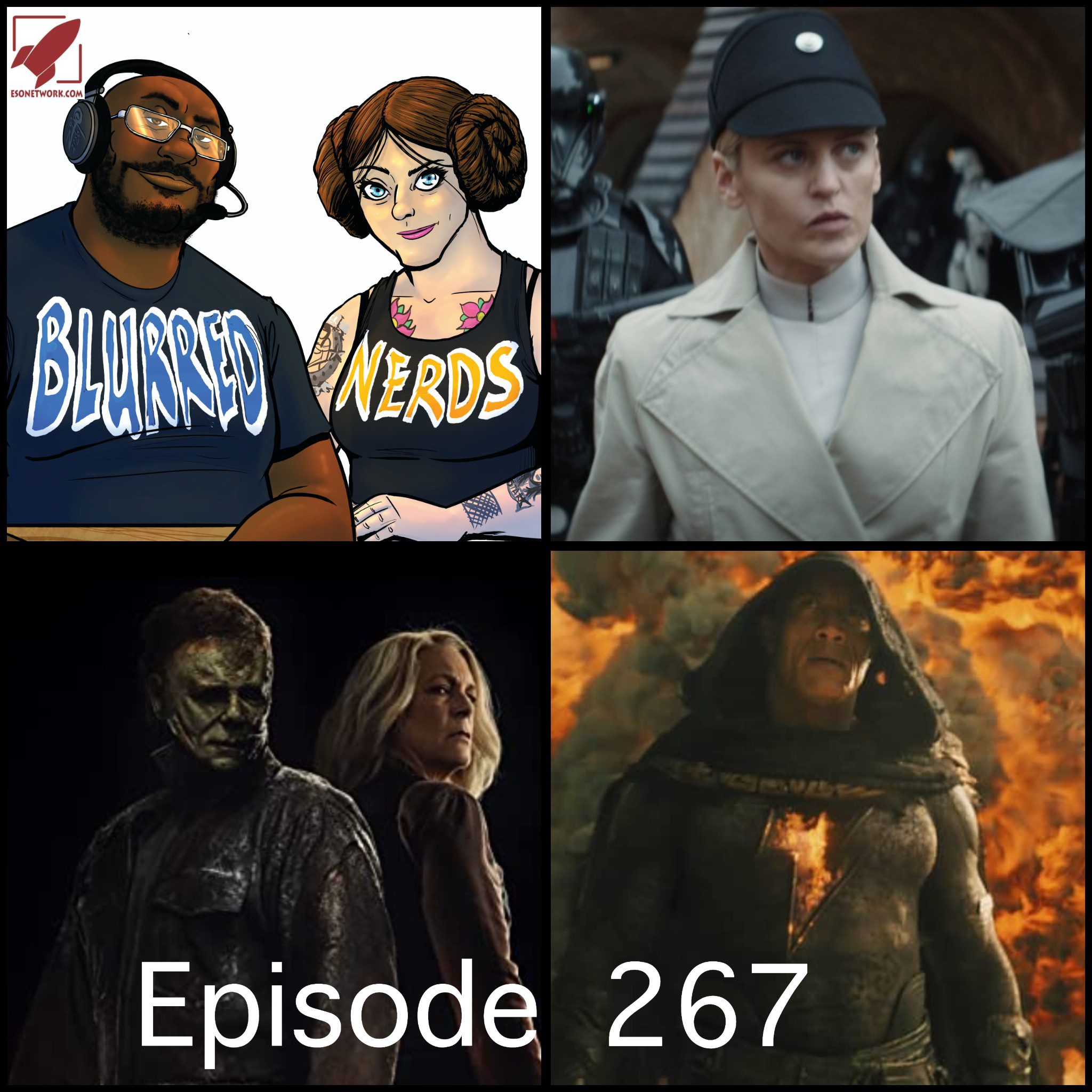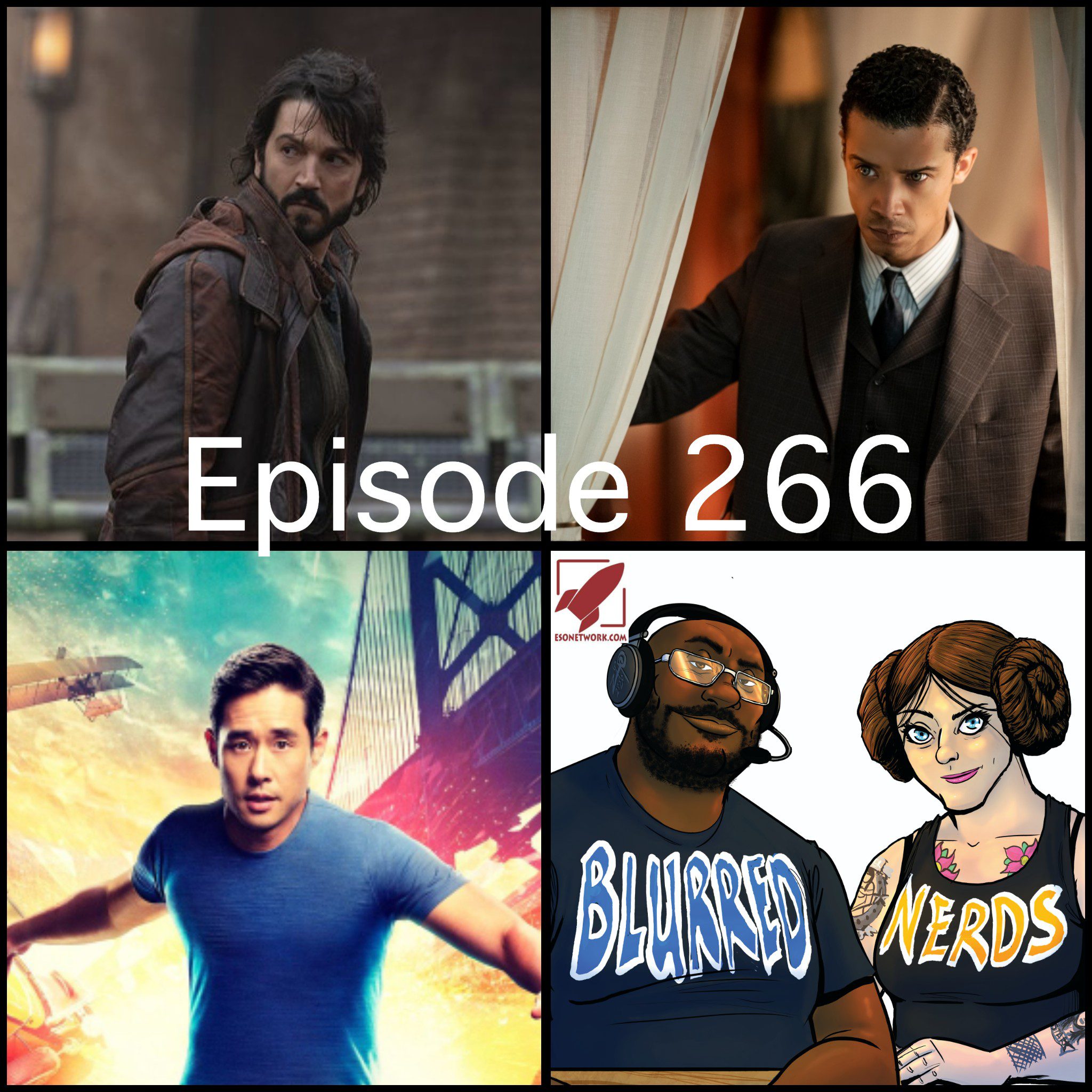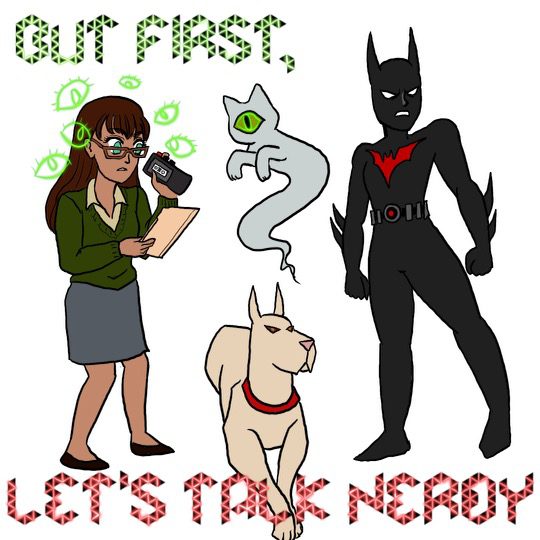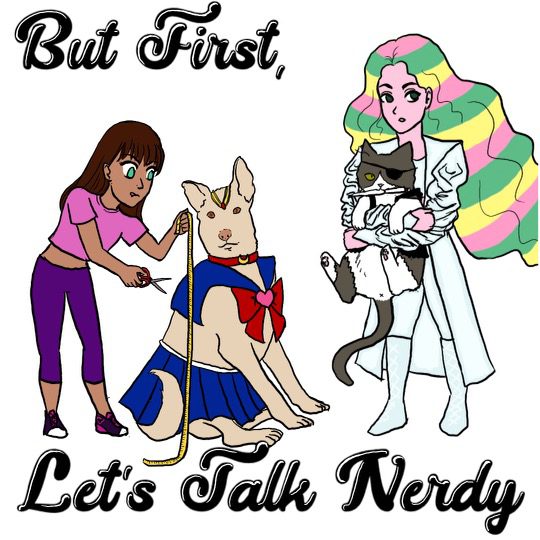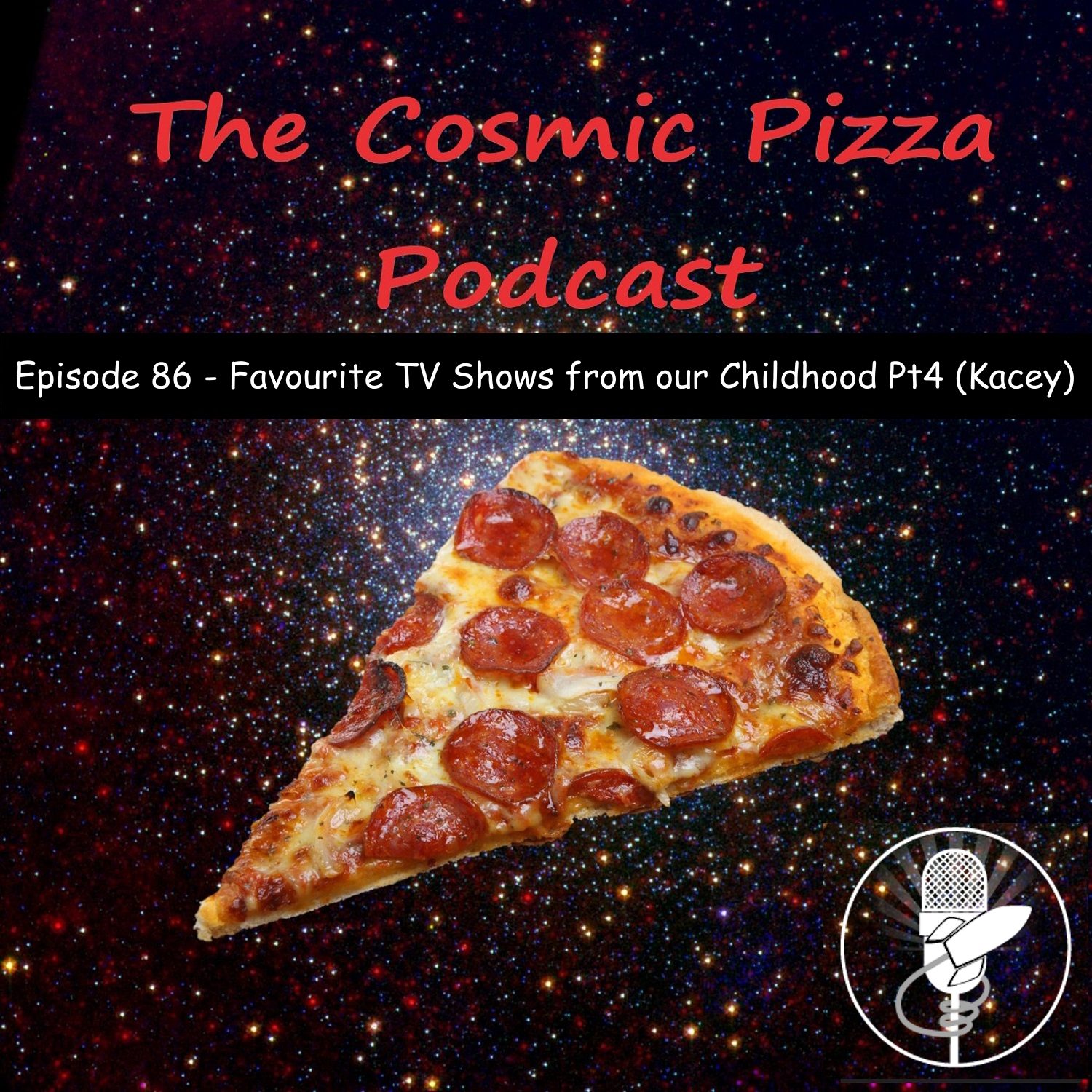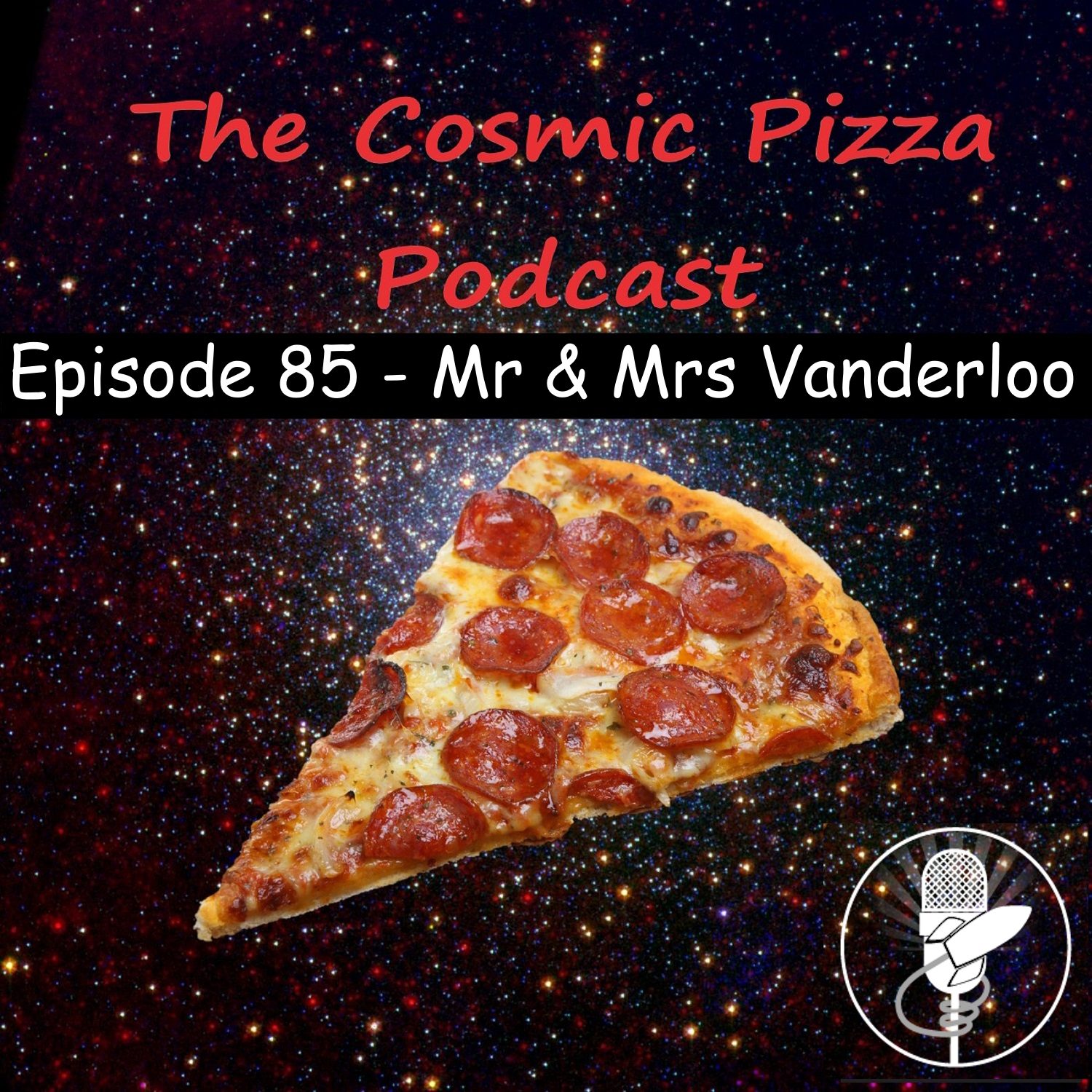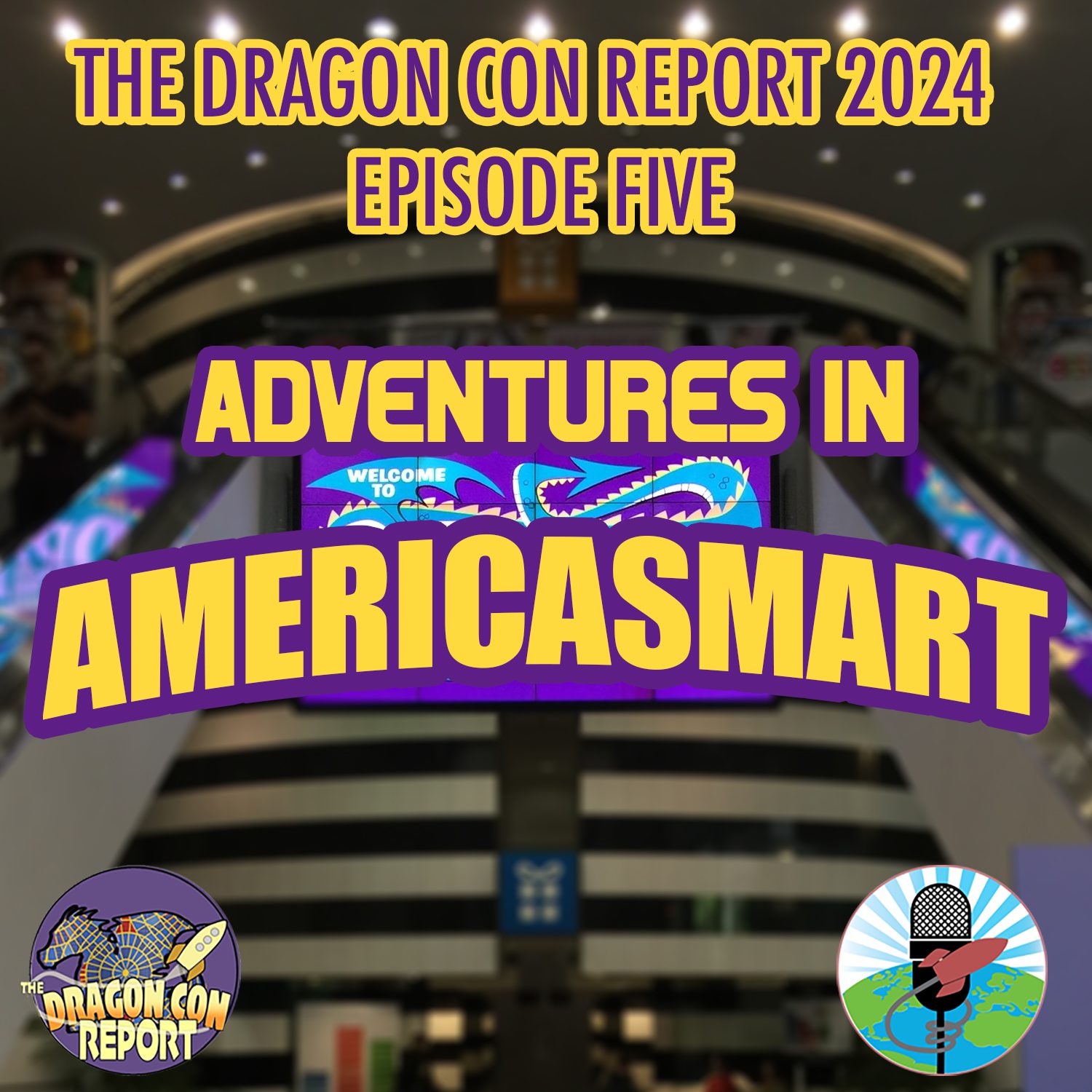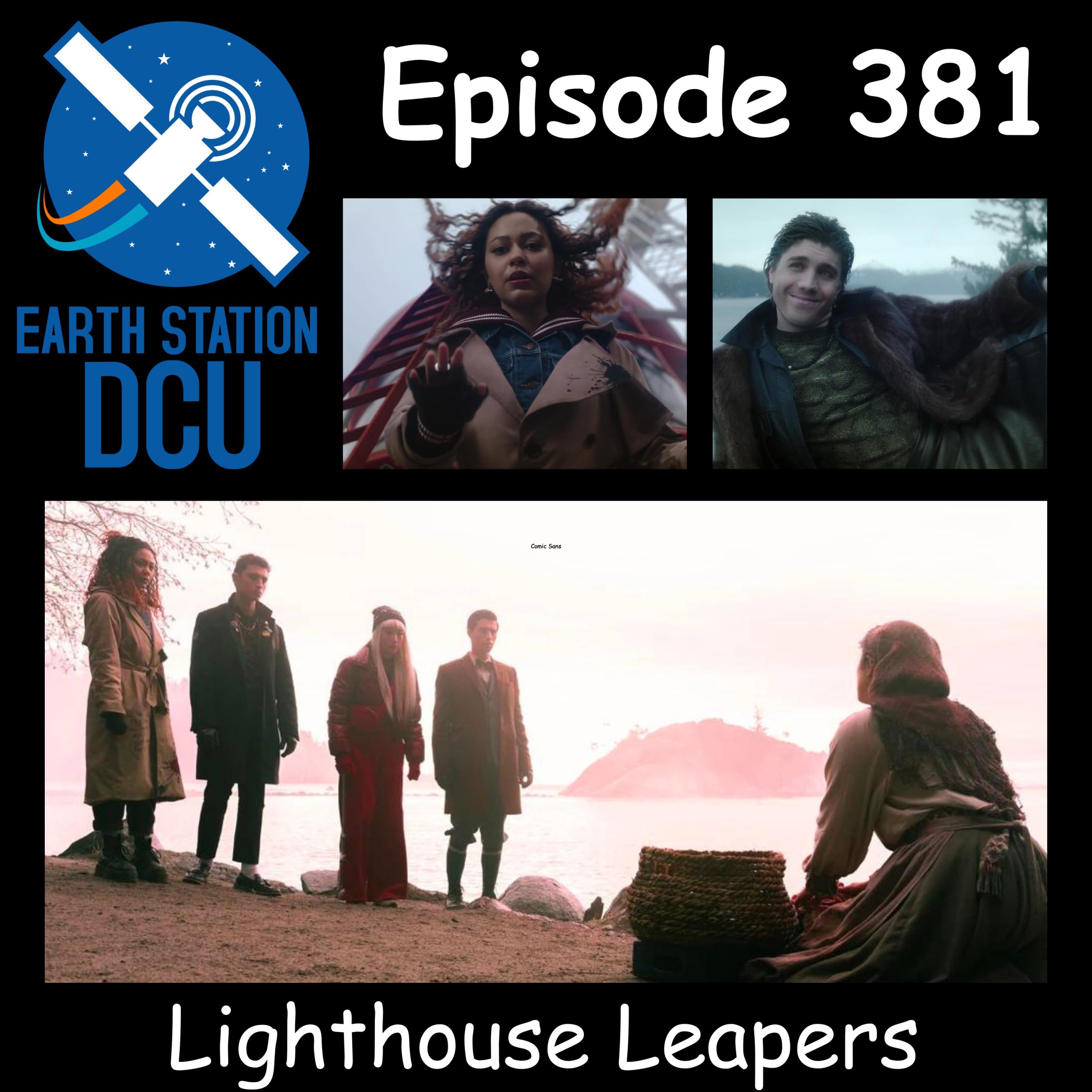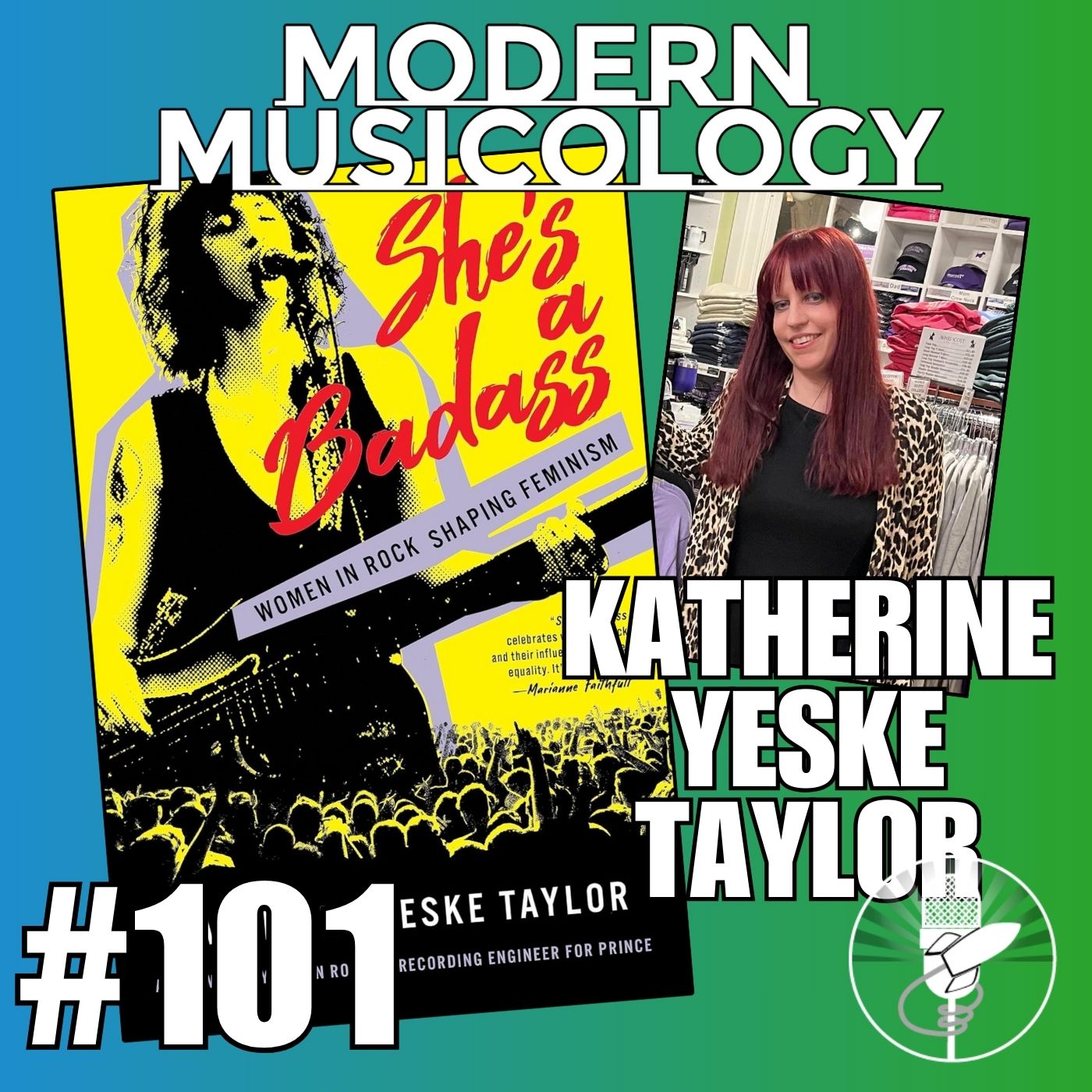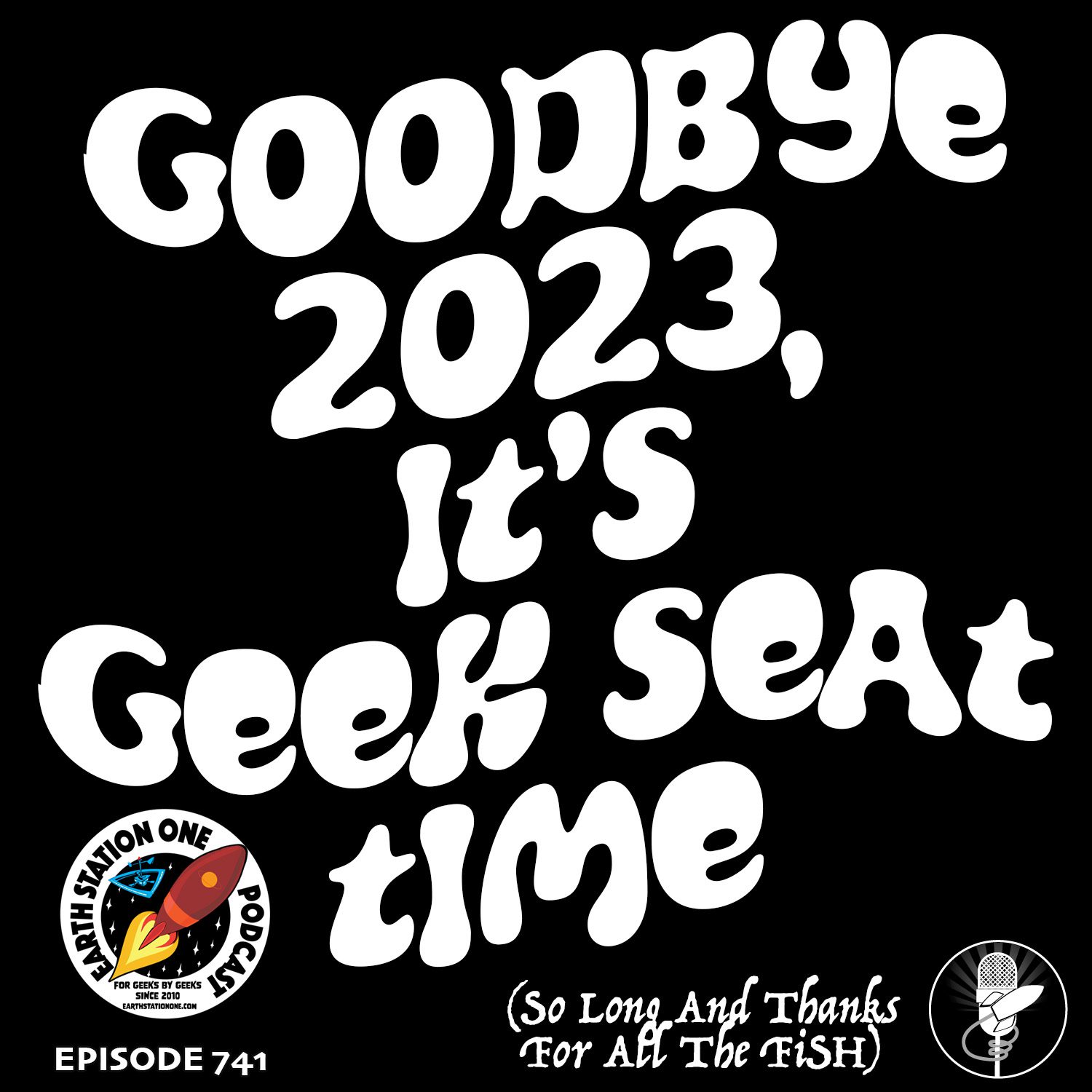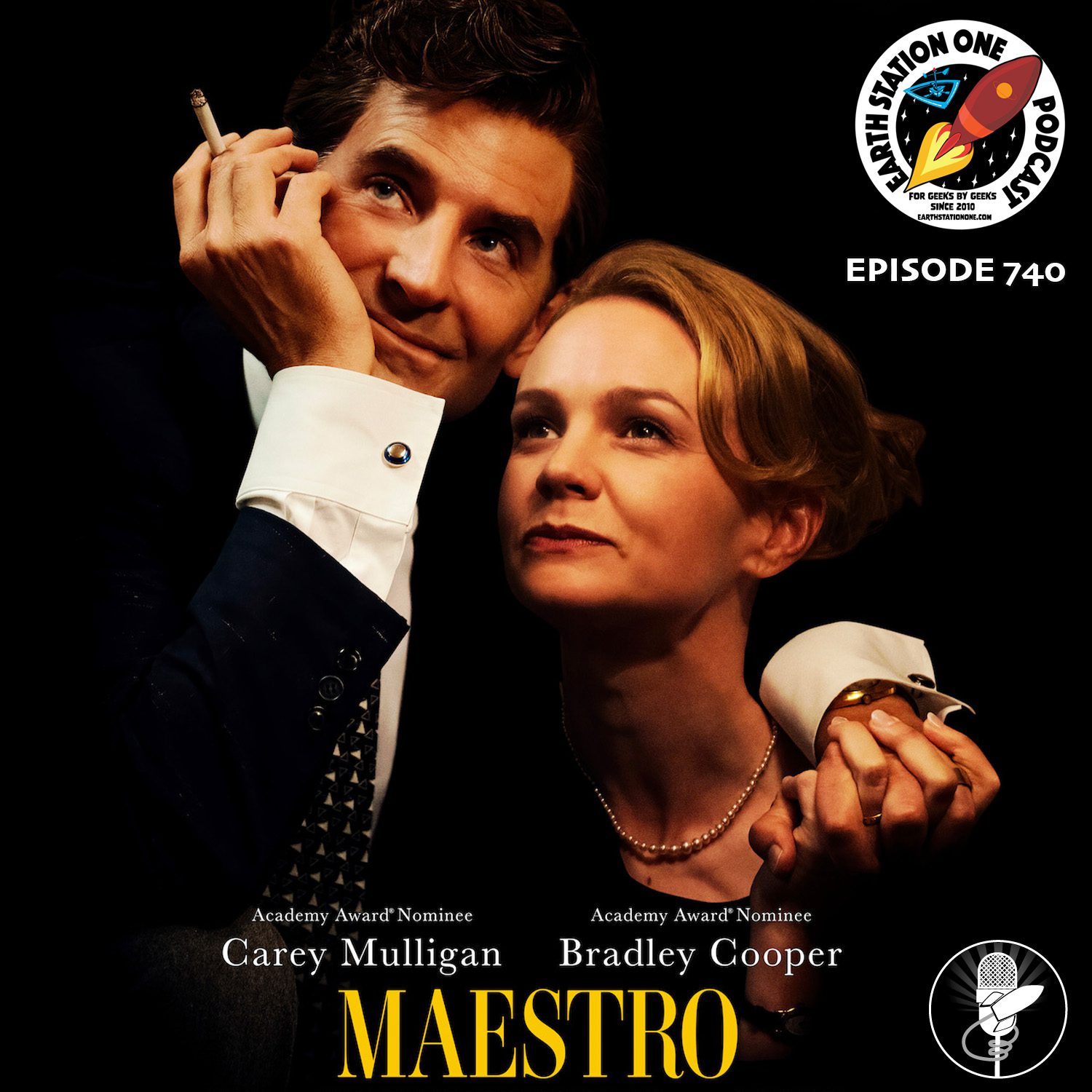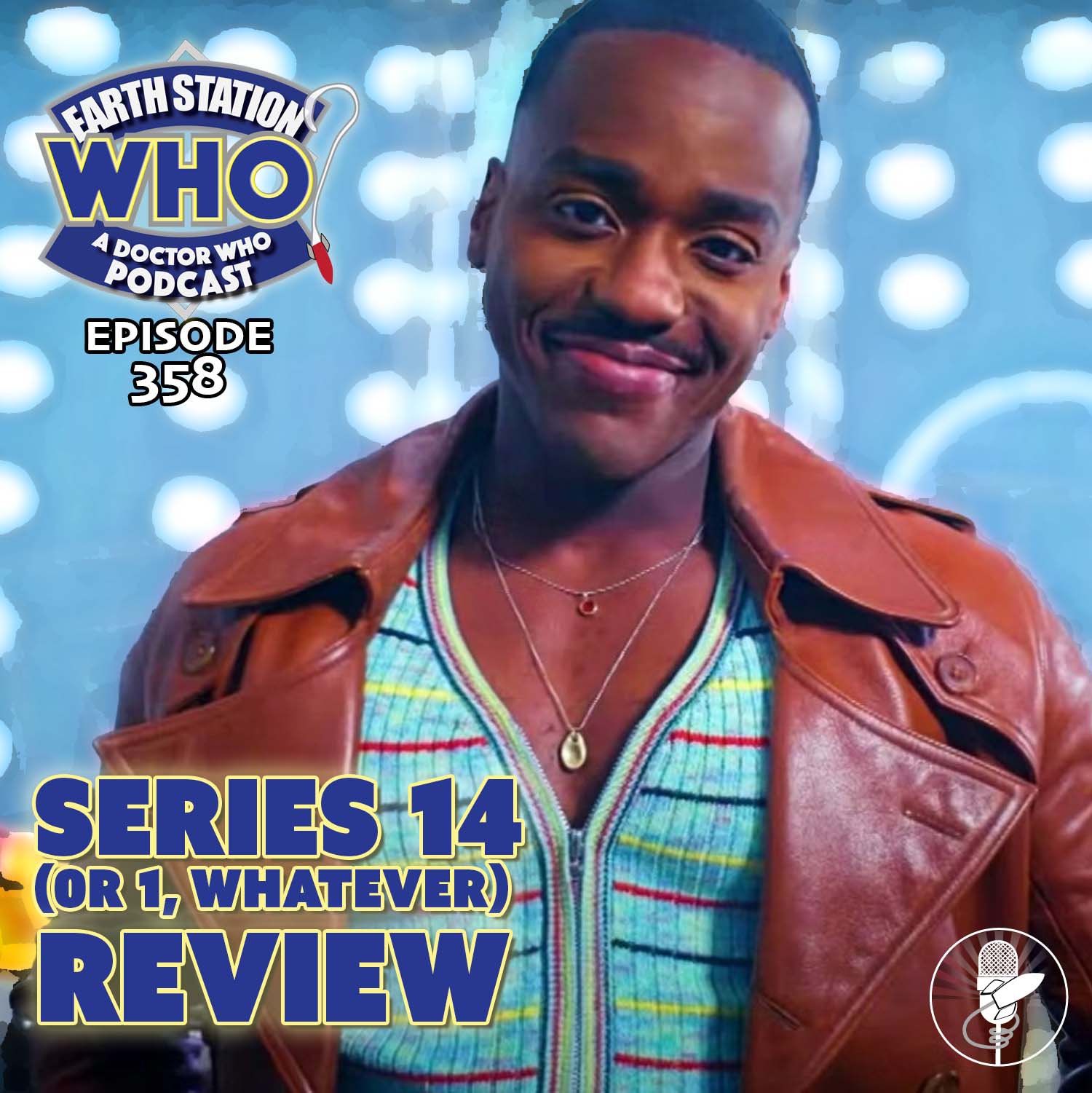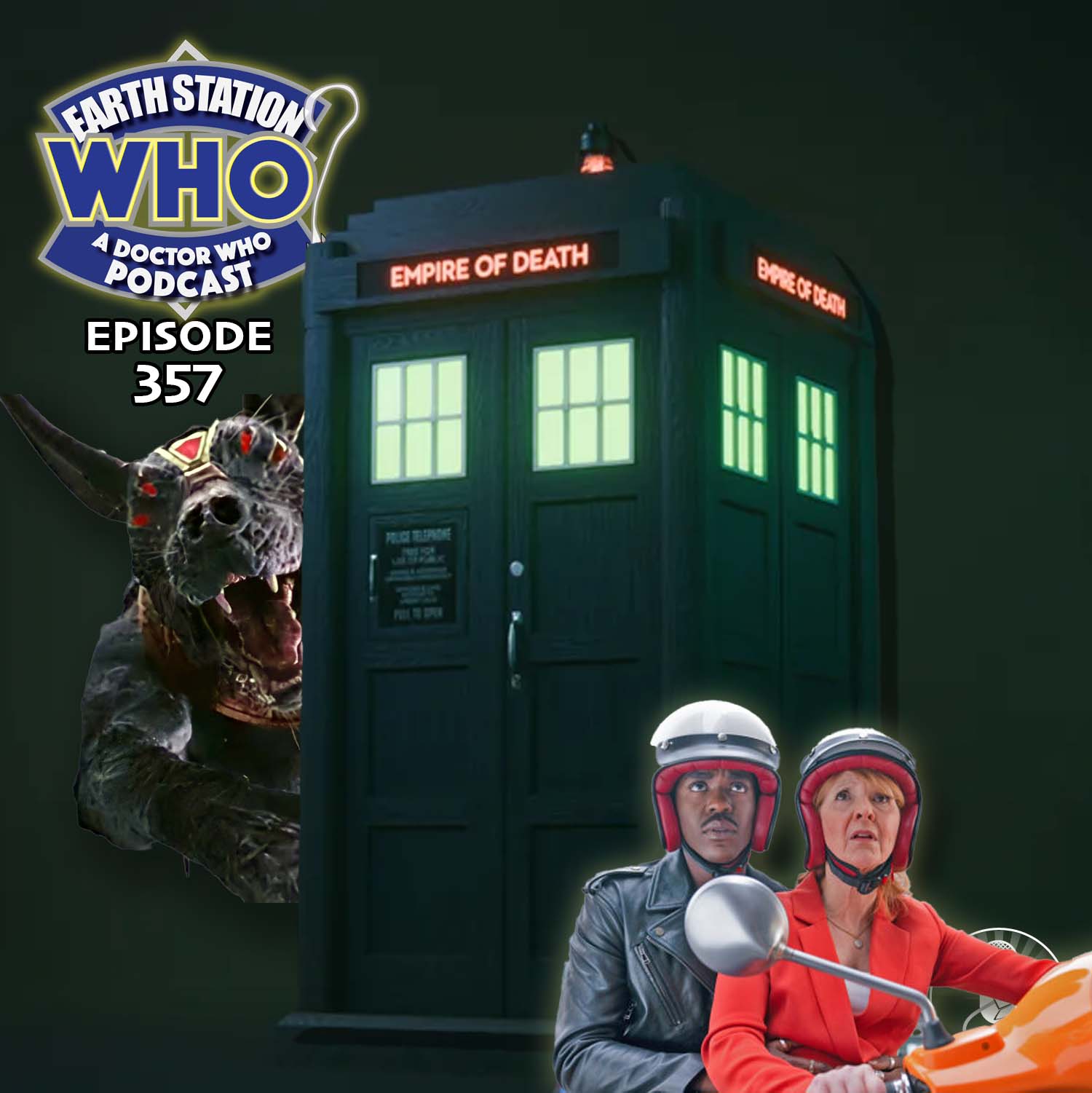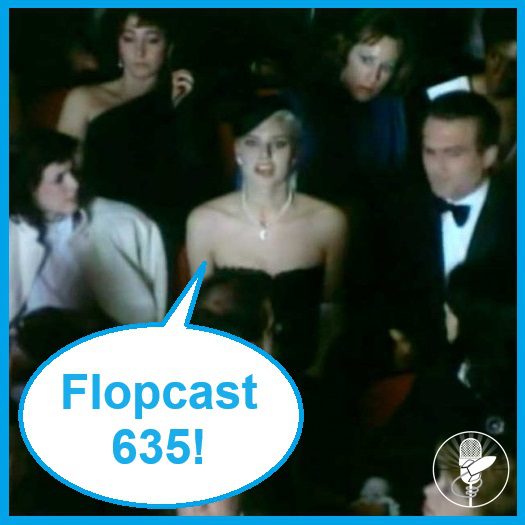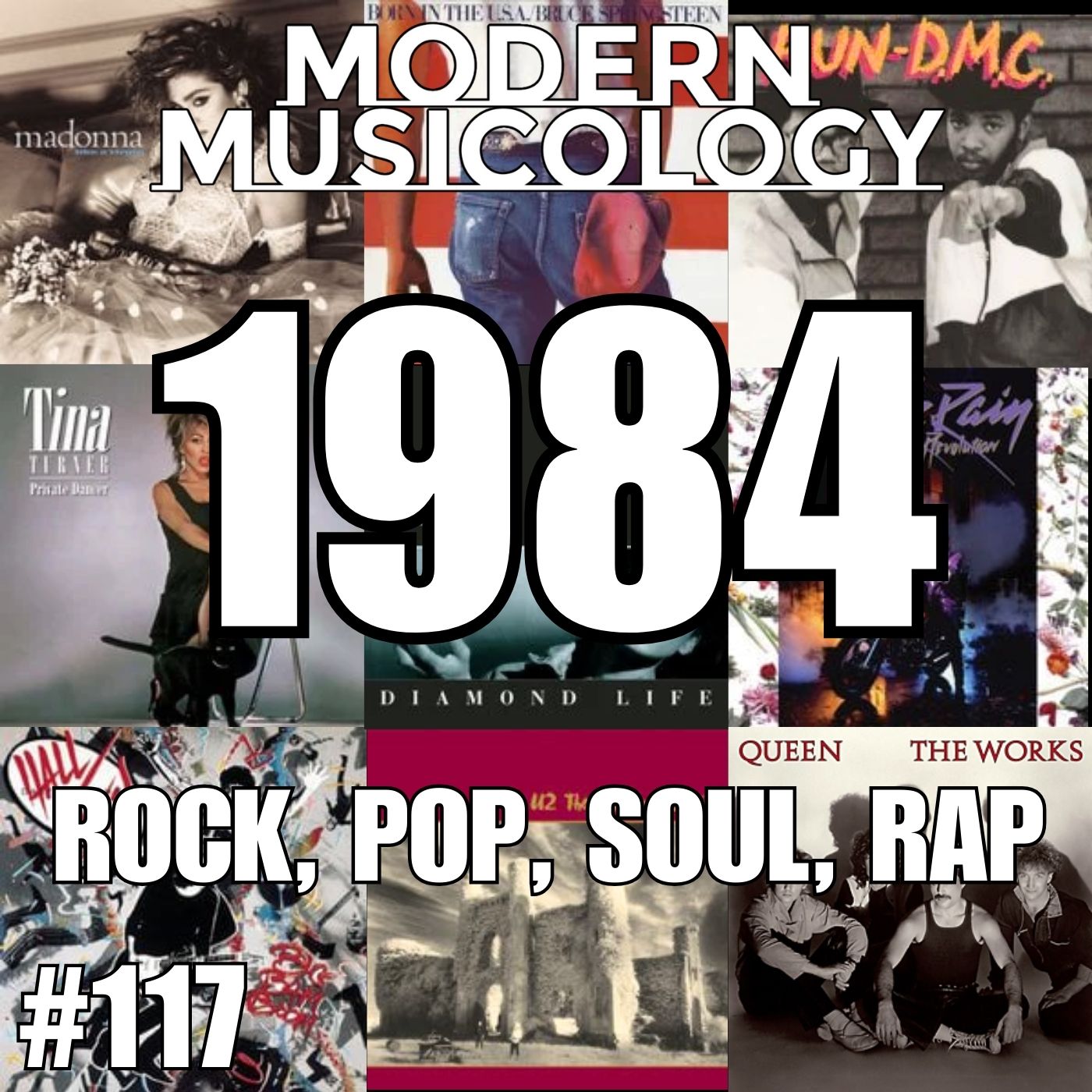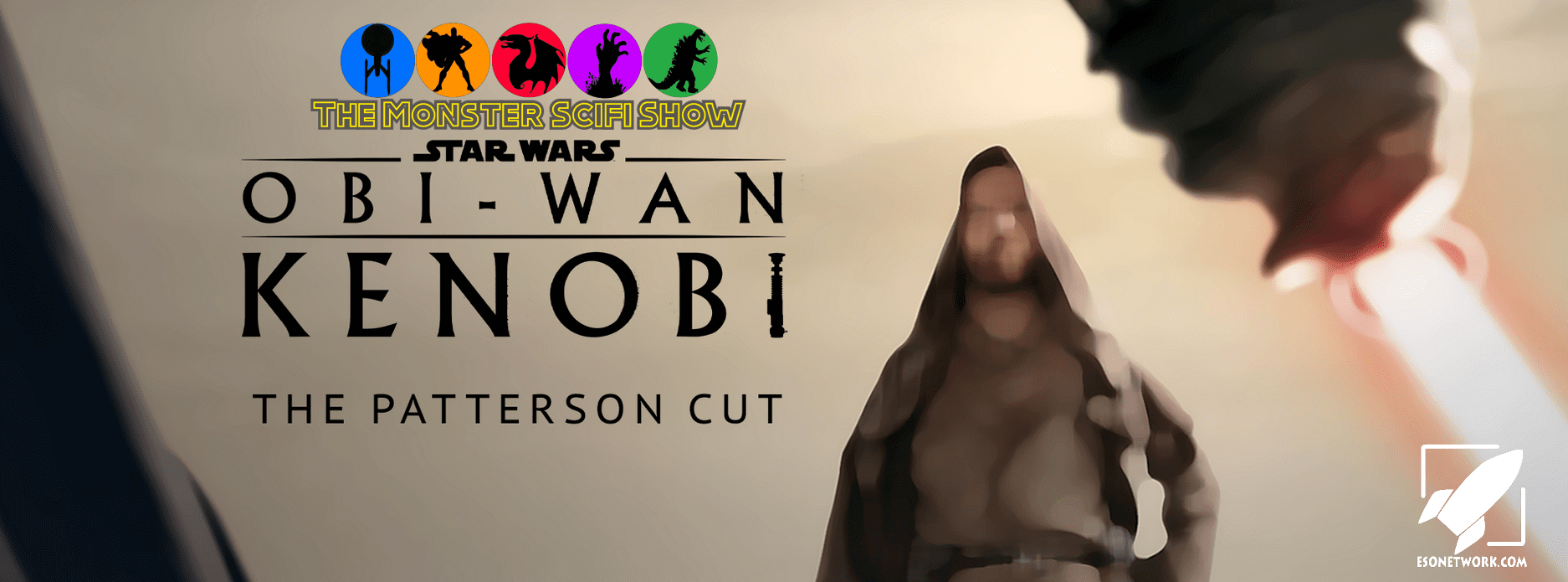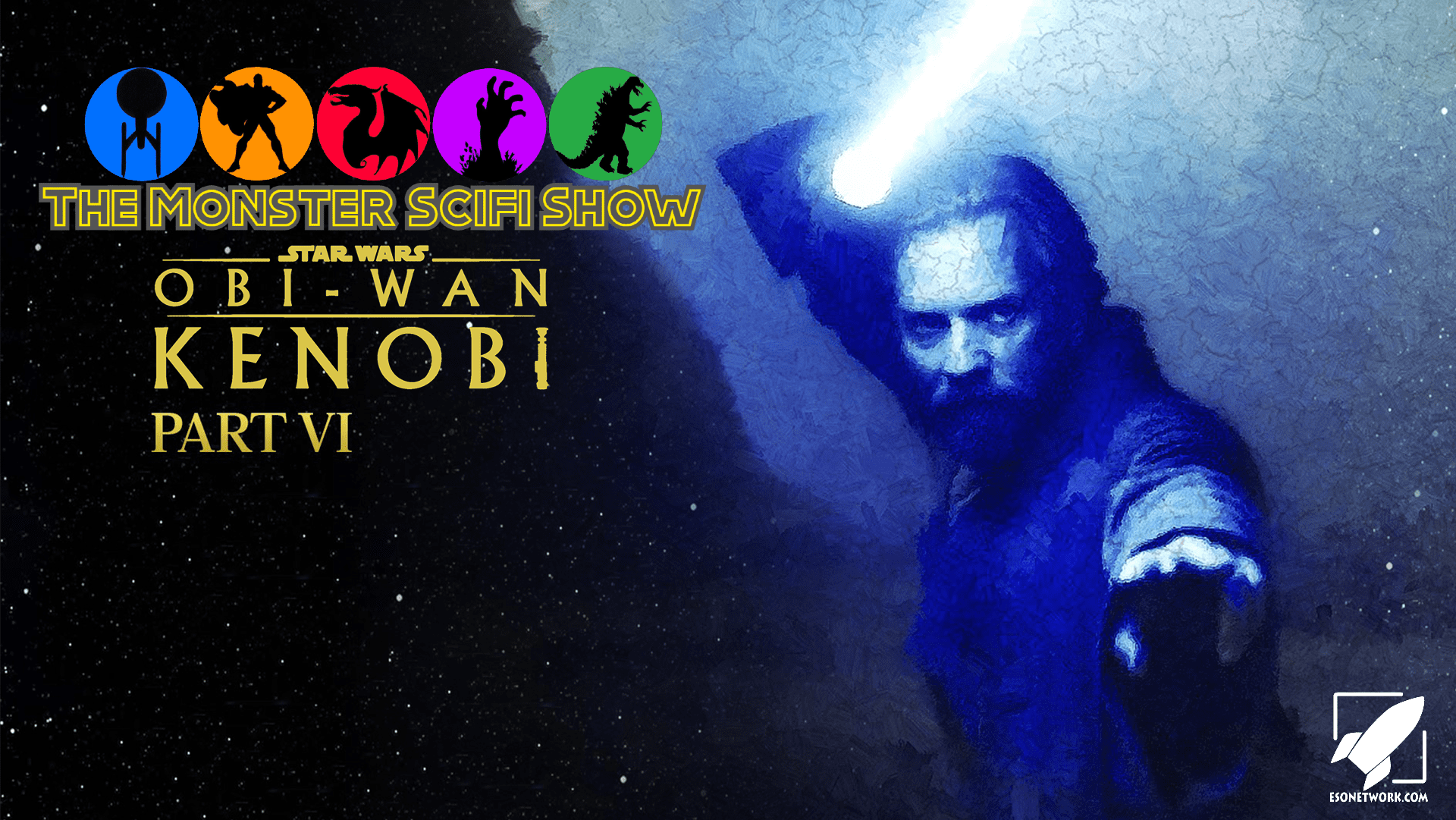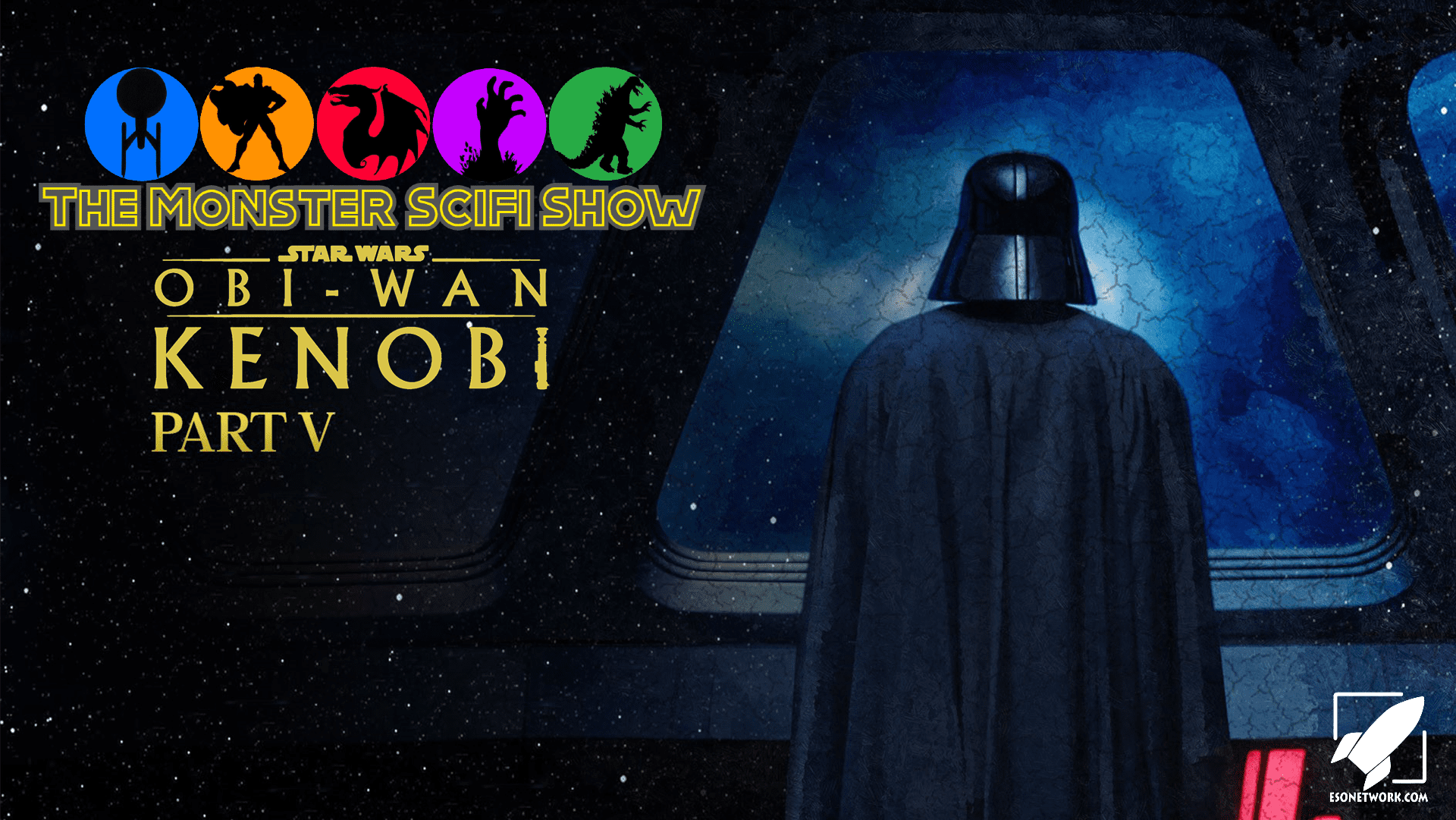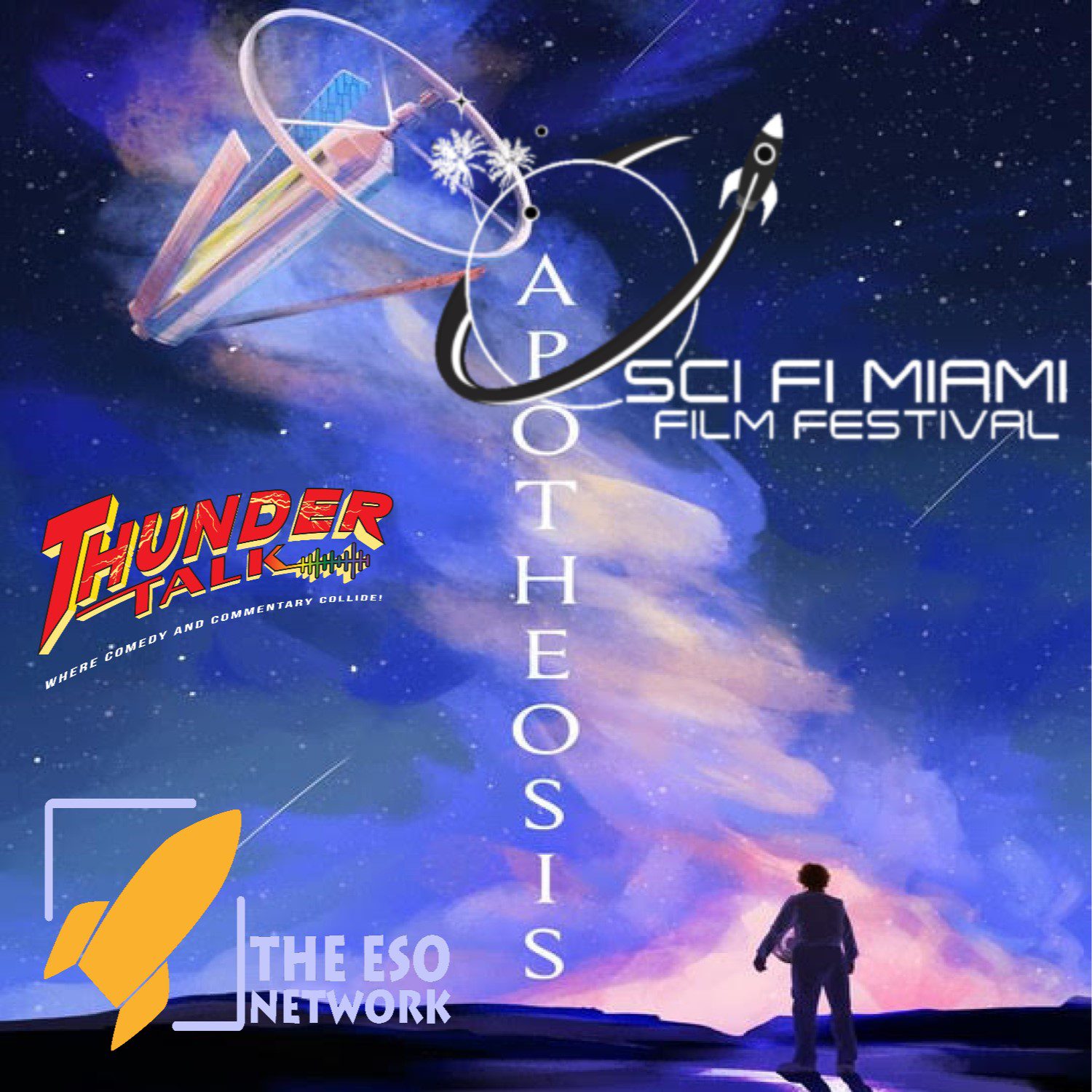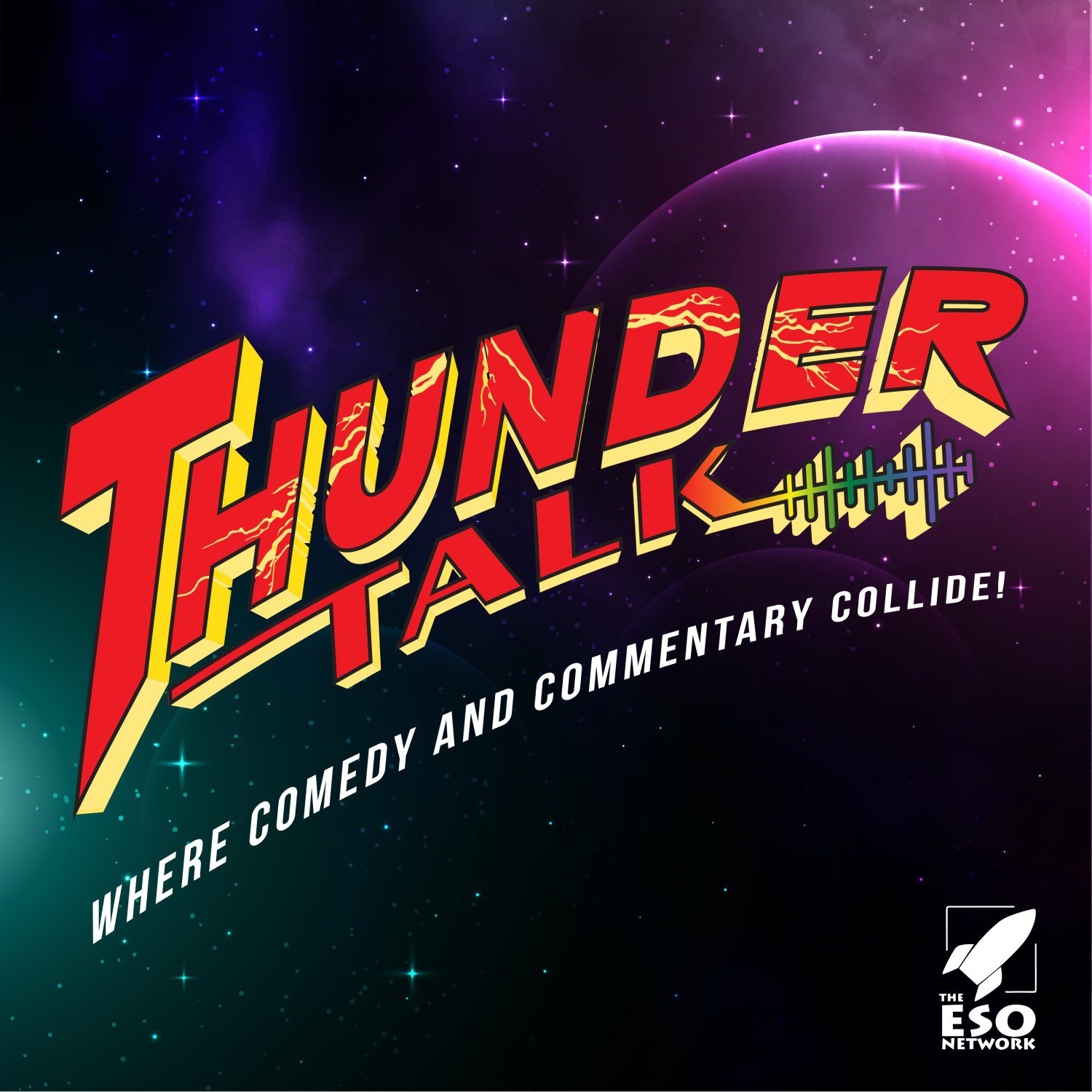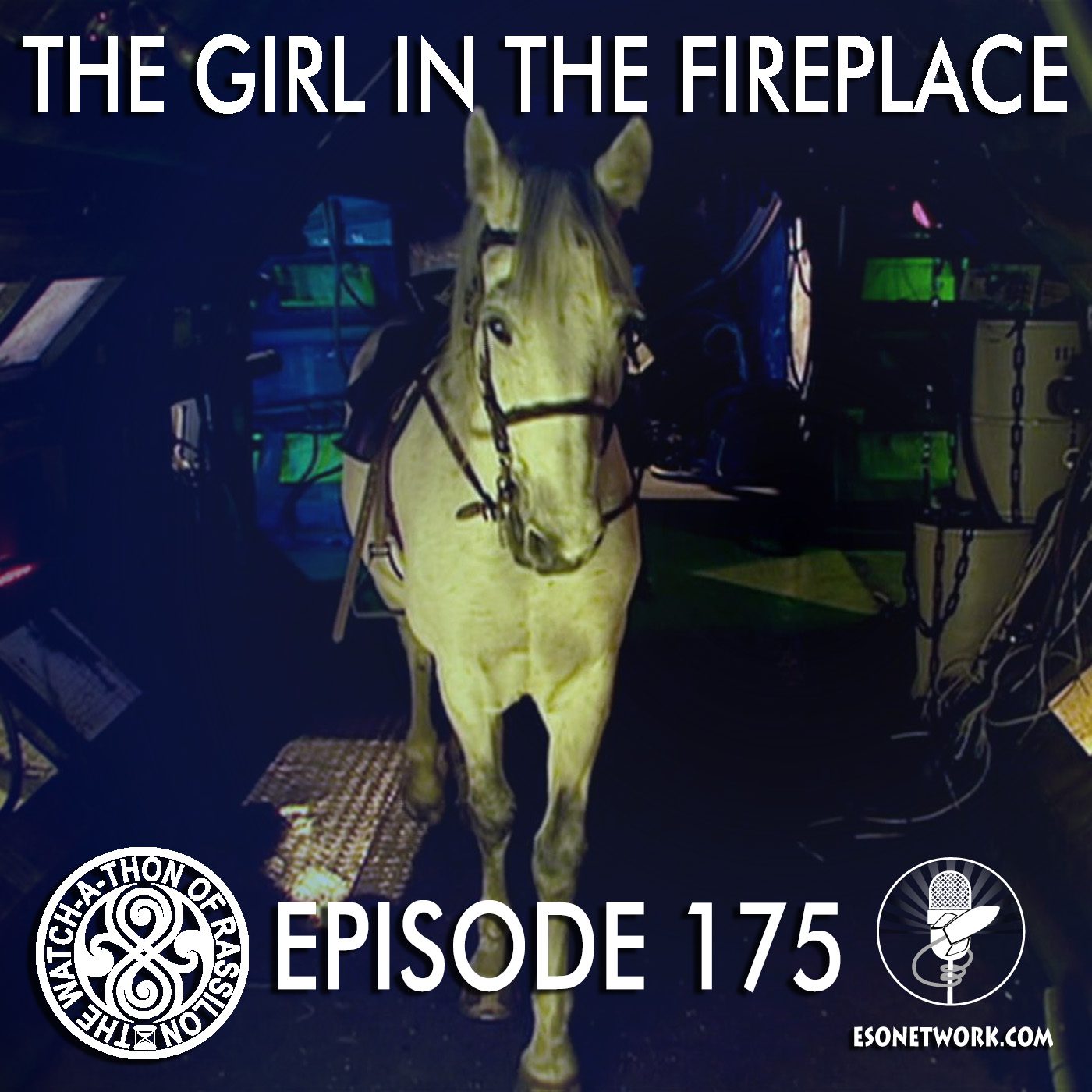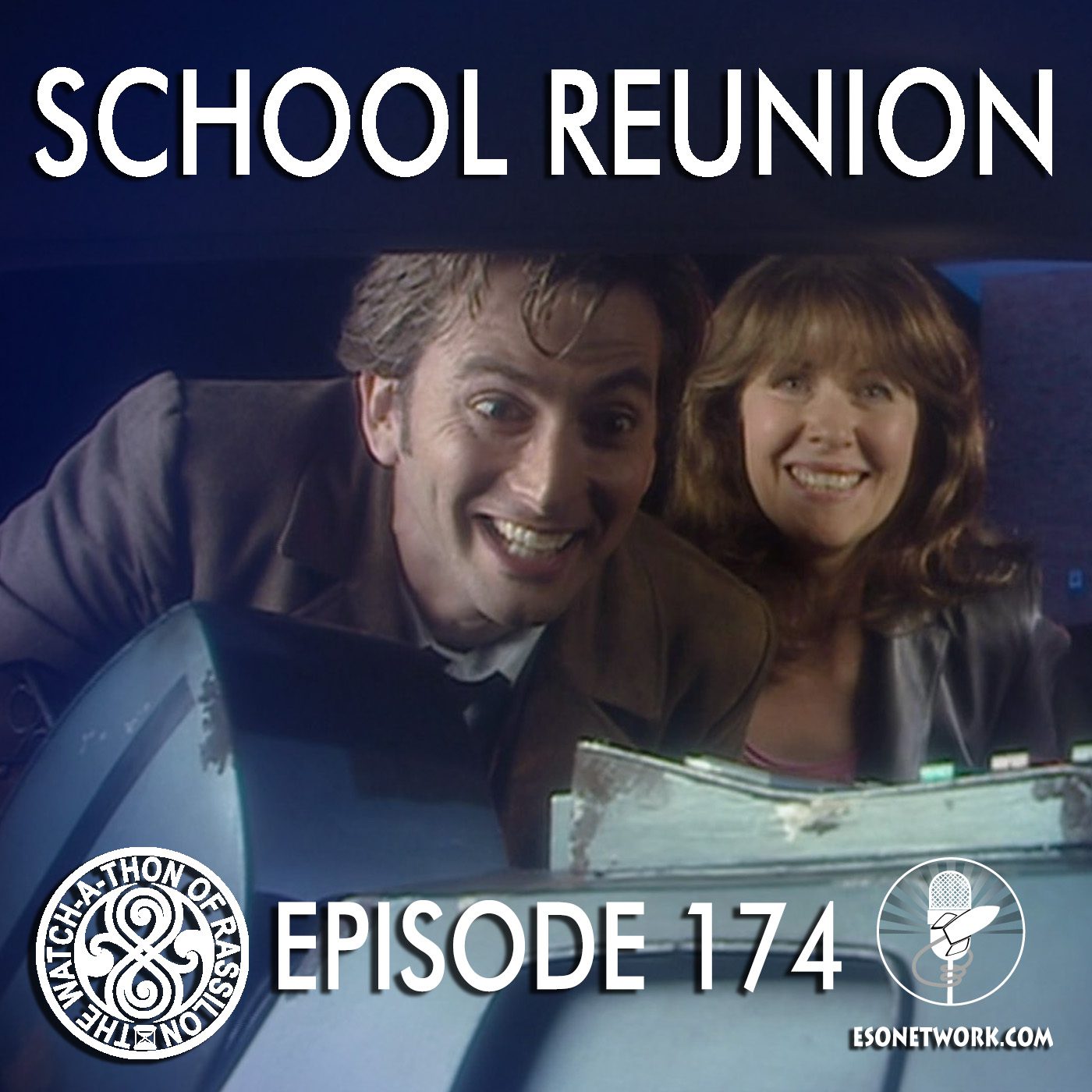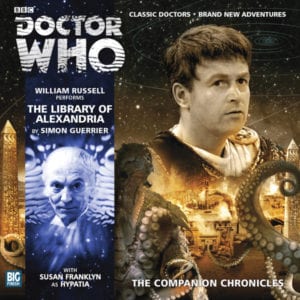 Blurb: The port of Alexandria, 5th Century AD.
Blurb: The port of Alexandria, 5th Century AD.
The Doctor, Ian, Susan and Barbara have taken a break from their travels, and are enjoying a few weeks in the sunshine – and the chance to appreciate the magnificent Library of Alexandria.
Ian also takes the chance to enjoy friendship with the philosopher Hypatia – but things here will not last forever.
The time travelers know that the library will soon be lost to history.
What they are about to discover is the terrifying reason why…
Review: History, science, a strange man, his time traveling box, and the developing relationship of two schoolteachers. It doesn’t sound like much, but that’s the formula that propelled Doctor Who through it’s first season and into the giant franchise that it is today. At the time, the series was supposed to be education for the target audience of 10-14 year-olds, so the show alternated between stories that taught history and those that taught science. Through it all, the character of the Doctor was there to whisk the travelers from place-to-place, occasionally getting them into trouble and occasionally taking the role of the wise sage and solving the problems. Ian and Barbara were the viewer identification figures. They came from modern day Earth and responded to situations in a way that the viewers could understand. As the series progressed, so did their relationship. The two characters who started as friends and who chatted after school became very close, and it’s almost impossible to watch those old stories without feeling as if there’s a romance developing between the two of them.
Writer, Simon Guerrier, gets that first season formula and The Library of Alexandria is the proof. Not content with using history or science, he utilizes the Library of Alexandria, arguably the world’s first research institution, as a means of educating about both history and science. Unlike some of the awkward attempts at throwing educational trivia into stories that some authors have employed, Guerrier makes this an intrinsic part of the story. Barbara is fascinated by the library and wants to stay and learn as much as she can. Meanwhile, Ian, who now has time to relax and think after their harrowing adventures, wants to discuss some of the thoughts that he’s had with a like-minded person. The Doctor and Susan can be condescending and Barbara doesn’t share his interests, so he turns instead to Hypatia, a famous philosopher and scientist of the period. This leads to some conflict as Barbara doesn’t like Ian giving Hypatia his attentions and the Doctor doesn’t like Ian disrupting the group or getting too strongly involved with the locals. All of this feels like a season one plot. Guerrier makes sure that the interaction between Ian and Barbara is subtle enough, but utilizes the narration of the Companion Chronicles to allow the older Ian telling the tale fill in some of the gaps about feelings and the importance of things. It’s a very respectful nod to the continuity, ensuring that too much isn’t said to0o early in the characters’ lives, but it’s also a completely new story that’s never been told before, which is part of what makes this story such a gripping one.
Juggling so many balls, though, one is bound to drop. What is ostensibly the main plot, discovering the truth behind the destruction of the Library of Alexandria, is actually the weakest part of the story. As the cover shows, the accounts of “sea monsters” destroying the library aren’t as far fetched in the Doctor Who universe as they are in the real one. While that isn’t a problem in and of itself, the creatures in question act in a paradoxical fashion with their stated aims and knowledge in direction contradict what they’re doing. It almost seems as if their motives were being made up as the story was being written, and that leaves the listener with a quite a few “wait a minute” moments.
Guerrier’s focus remains primarily on the characters, which isn’t a bad place to focus on with a Companion Chronicle, since the format allows for a greater degree of insight into the characters’ points of view and motivations. This story is primarily about Ian, Barbara, and Hypatia. The Doctor gets some good moments, but Susan gets the short-end of the stick. Since the story is told from Ian’s point of view, he gets the spotlight, and it’s really nice to hear his thoughts about science and how his travels with the Doctor have shaped them. It’s endearing that his relationship with Hypatia is based out a naive desire to speak with a like-minded thinker, and it’s really interesting how he views things with Barbara. It also gives some insights into why he doesn’t tell her about his own feelings. Hypatia, as the second acted role also gets a lot of time. She’s developed as a modern woman living in antiquity. She doesn’t care what others think and does what she believes to be right. It’s interesting how her relationship with Ian progresses, at first rebuffing him when she thinks that he’s making romantic overtures, but clearly infatuated by the time that he has to leave. It’s developed subtly and makes her discussion with Ian all the more meaningful. The Doctor here is the mischievous version of the first Doctor, having fun teasing Ian about Hypatia, but being deadly serious when he needs to be, despite not wanting to hurt anyone. Barbara as ever just loves the history, and her desire to save the accumulated knowledge of the library seems so in-character for her and also leads to a delightful twist of an ending. Even better, Geurrier understands the characters so well that he makes sure that everyone has something useful and appropriate for their characters to do during the climactic attack. It’s a nice way of tying characters and ideas together, and it’s handled with a great deal of subtlety and respect for the characters.
The performances and production are as strong as ever. William Russell could read the phone book and make it sound interesting. He continues to invest Ian with all the youthful enthusiasm that he needs, and while his voice is obviously different from how it was fifty years ago, that doesn’t really matter because it’s an older Ian narrating the adventure. The sheer charisma conveyed by his enthusiasm and tone is all that’s required, and he still brings that in spades. He also still does the best first Doctor performance of any actor since Hartnell. His Doctor is stern and commanding when he needs to be, and mischievous and fun when he wants to be. It makes the overall performance compelling and always fun to listen to. Susan Franklyn, also impresses and was a real joy to listen to as Hypatia. Franklyn not only has the commanding presence needed for such a strong character, but also has a way of making Hypatia sound beautiful. She convinces utterly as a teacher devoted to learning and Franklyn’s performance brings out Hypatia’s passion for new knowledge. Her dialog with Ian is subtly flirtatious, and their chemistry is obvious as the two debate matters of science. The music on this story is good, composed of primitive stringed instruments, flutes, and chanting. It sets the atmosphere for the time and place while also setting the mood for the scenes. One nice feature of the CD is that the music is included as an extra on the final track. As always, the sound effects are excellent with fluttering sails, lapping waves, creaking decks, screams, monsters, burning, snapping timbers, and more, building the world through the soundscape.
Recommendation: It’s a story about two schoolteachers in love who don’t know it yet set against the backdrop of the destruction of one of the wonders of the ancient world. It may sound like the plot of a b-movie, but for fans of the first season of Doctor Who it has everything that you want out of that era, but without retreading new ground. The plot lets down a bit, but this is primarily a story about character and it shines both through the subtle characterization and dialog. The fantastic performances are the icing on the cake. When it comes to an end, you’ll want more Ian and Barbara as well as well as more Hypatia. While it may not be the best jumping on point for someone completely new to this period in the show’s history, it’s highly recommended for fans of the first season of the TV series or fans of the Companion Chronicles.
9/10
2013
Audio Drama
Big Finish Productions
Directed by Lisa Bowerman
Produced by David Richardson
Written by Simon Guerrier
Runtime Approx 60 min.











